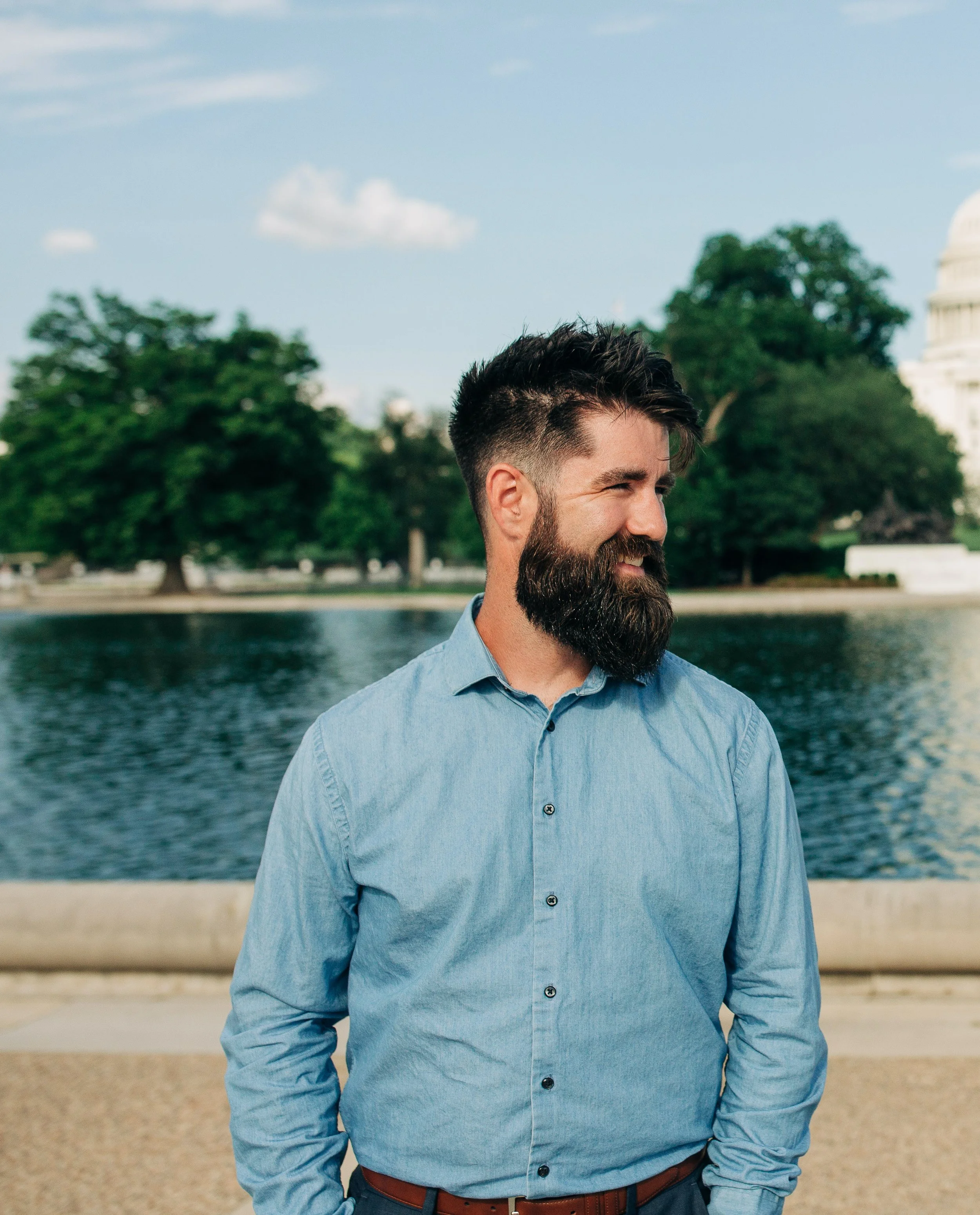David Reece
“Repeated molestation in childhood had a significant impact on my sexual development.”
Because I grew up in a dysfunctional family, my perception of love and affection was skewed from an early age. My father, who was verbally abusive, rarely told me he loved me. Constantly lashing out at other people to make them feel small, he never affirmed my masculinity or taught me what it looked like to be a man. His emotional absence contrasted sharply with my mother's over-attachment. Because both of us were emotionally needy, I became her surrogate husband, carrying her baggage, consoling her, and caring for her in ways he could not. With no one to model healthy emotional boundaries, I struggled to make sense of my identity and find my place in the world. What's more, I had no clue how to stand up for myself.
Around age 3, I was molested by a member of my extended family, who continued to initiate sexual encounters with me for the next 14 years. The abuse significantly impacted my sexual development and led to encounters with other boys during childhood. In addition, much to my disdain, my sister and her friends treated me like another one of the girls, and would dress me in their makeup and clothes. I wondered if maybe I was one of them. Both of these early experiences made me feel weak and powerless.
By the time I was an adolescent, I'd developed a very exuberant, theatrical personality. I was also smaller and less athletic than most of my peers. As a result, I became the target of bullying, and by middle school realized it wasn't cool to be me. The rejection I felt made me question myself. I thought I'm not as strong or capable as most boys. When other kids would yell and call me gay or fag, I had no idea what they meant. But when I was introduced to pornography at the age of 11 or 12, I remember secretly being attracted to the guys on the screen. Hiding what was going on in my heart, I continued watching pornography at friends' houses, which laid the foundation for a secret life.
Though I never came out as gay, gay boys still pursued me during high school. Struggling to fit in and confused about my identity, I didn't know what it meant to be a boy. One predatory boy, in particular, kept hounding me to come out and accept myself for who I really was. But who was I, really? As others came out, I developed a deep sense that I wasn't gay. The decision didn't seem right.
When I became a Christian at the end of high school, I'd hoped the struggles with my sexuality would disappear. Moving forward, I met the woman who eventually became my wife. There, in the safety of our marriage commitment, my past resurfaced. I started struggling with pornography again. Grappling with my unreconciled identity, I sought out different resources for help. When a mentor explained to me that what I experienced at age 3 was molestation, I began to see how the traumas of my childhood, coupled with my dysfunctional family life, had impacted my formation as a man. I realized my need for love and male connection and affirmation had been met in unhealthy ways through erotic touch and pleasure-seeking with other boys. As a result, I learned to let go of objectifying other people to meet my needs. I've learned to recognize self-defeating thought patterns, and now I prayerfully reflect before they turn into perpetuating cycles of self-condemnation or produce unhealthy coping patterns.
Interestingly, as I began the journey to embrace my manhood, my physical stature started to shift, and I could see how the acceptance of my masculinity was creating a response in my body. This integration of myself as a man challenged me to be a better partner to my wife, bolstering our relationship. Today, a happy father of two, I have been married since 2010. The man I am now is true and authentic. No longer experience same-sex attraction, I'm able to love myself and others from a place of security and compassion.

